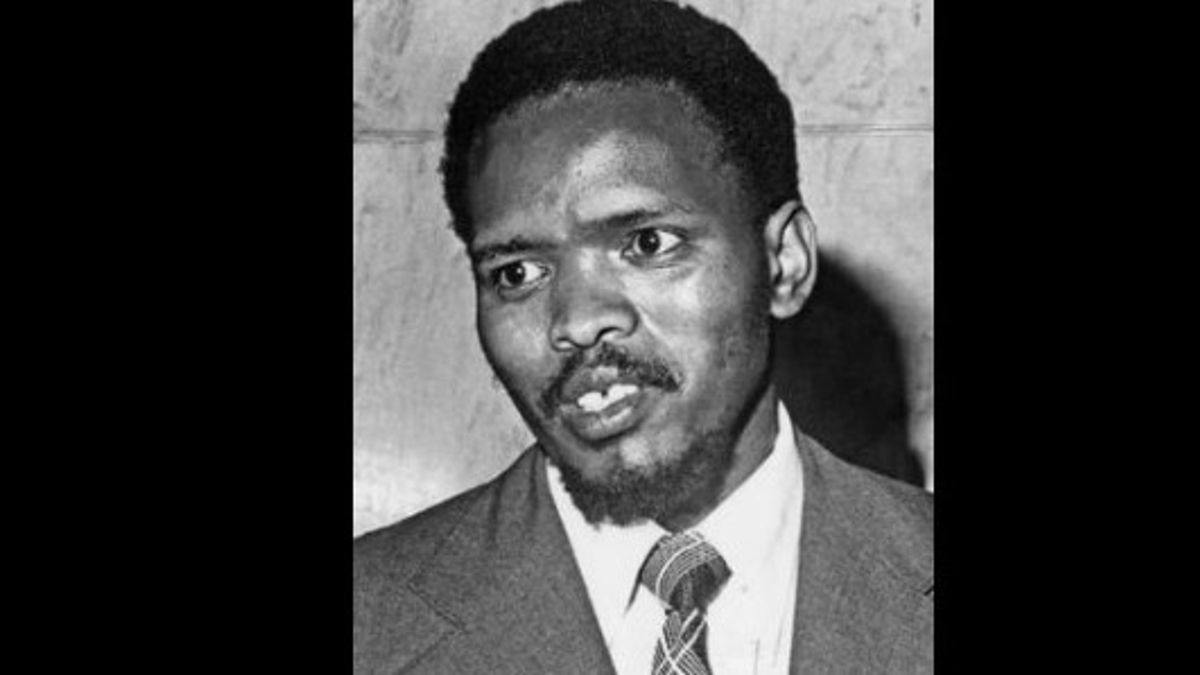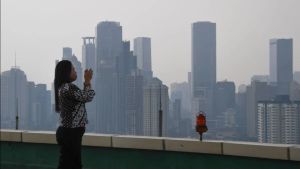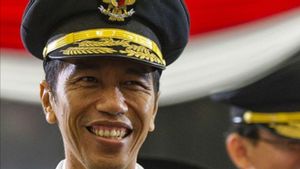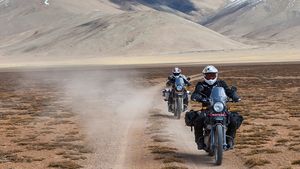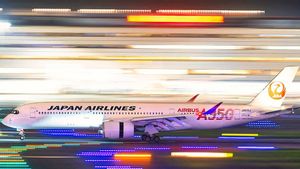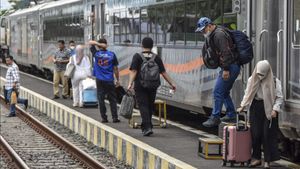JAKARTA - The founder of the Black Consciousness Movement (BCM) in South Africa (South Africa), Steve Biko, died on September 12, 1977. His death is known due to the injuries he sustained while in detention. The death of Steve Biko became an international martyr for Black nationalism in South Africa.
Launching Britannica, Saturday, September 12, Biko co-founded the South African Students Organization (SASO), an all-black student organization. The organization focused on the resistance against apartheid and later spearheaded the Black Consciousness Movement which had just started in South Africa.
Biko became president of SASO in 1969. Three years later, in 1972, he was expelled from the University of Natal for his political activities. At the same time, Biko co-founded another black activist group, the Black People's Convention and became the leader of the group. This group would become a central organization, which continued to gain traction across the country during the 1970s.
In 1973, Biko was prohibited from carrying out activities by the apartheid regime. Biko is prohibited from writing or speaking in public, speaking to media representatives or speaking to more than one person at a time. As a result, the association, the movements and public statements of SASO members came to a halt. Working undercover after that, Biko formed the Zimele Trust Fund to help political prisoners and their families in the mid-1970s.
To quote Sahistory, Biko is often misunderstood as an 'anti-White' leader. This categorization proved to be incorrect, as Biko had no problems with the white man himself. The decision to form the Black Consciousness Movement was more to create distance from liberal sympathizers. Biko hopes that the movement will later speak on behalf of its black peers, based on his experience and the real acceptance of the evil system.
During the late 1970's, Biko was arrested four times and detained for several months at a time. In August 1977, he was arrested and detained in Port Elizabeth, which is located in the southern tip of South Africa.
Biko's Violent DeathWhile incarcerated, Biko was stripped naked and handcuffed for 20 days before he was transferred to the Sanlam Building in Port Elizabeth, where the security police are based. She was told to stay standing, but Biko opposed her and remained seated. Enraged, Captain Siebert mistreated him, but Biko fought back.
Biko was then beaten and between the evening of September 6 and September 7 in the morning, Biko developed a brain hemorrhage. Despite his injuries, the police kept him in custody, still naked. When a specialist named Benjamin Tucker examines Biko, he suggests that the seriously injured prisoner be taken to hospital, but he resigns when the police object.
Another doctor, Ivor Lang, did not object when police said they were driving Biko to Pretoria, 700 km away. On September 11, in the back of a van, Biko was found naked, foaming at the mouth, and unable to speak. In Pretoria, a surgeon examined Biko and treated him, but it was too late. Alone in his cell, Biko died on the night of September 12, 1977. The news of Biko's death caused outrage and national protests. Biko is considered an international anti-apartheid icon in South Africa.
The police officers who detained Biko were interrogated afterwards, but neither was charged with a crime. However, two decades after Biko's death, in 1997, five former officers confessed to having killed Biko. Officers reportedly filed an amnesty request with the Truth and Reconciliation Commission after an investigation involved them in Biko's death, but the amnesty was rejected in 1999.
The English, Chinese, Japanese, Arabic, and French versions are automatically generated by the AI. So there may still be inaccuracies in translating, please always see Indonesian as our main language. (system supported by DigitalSiber.id)
